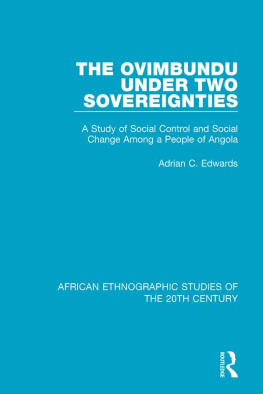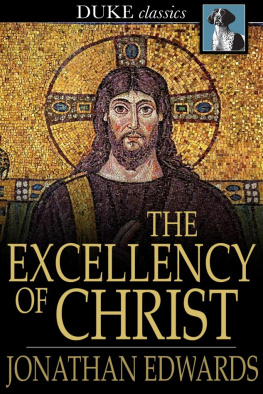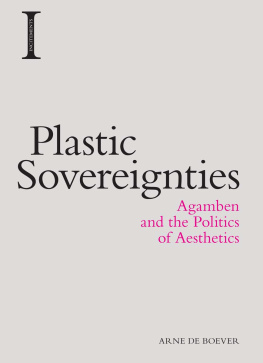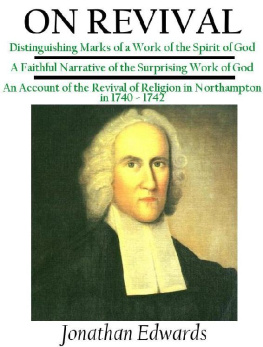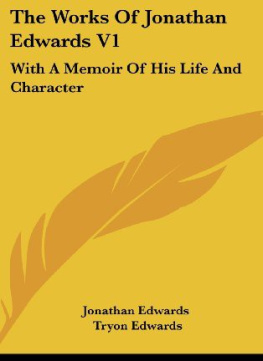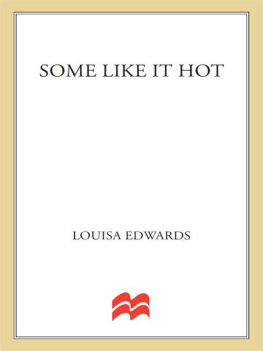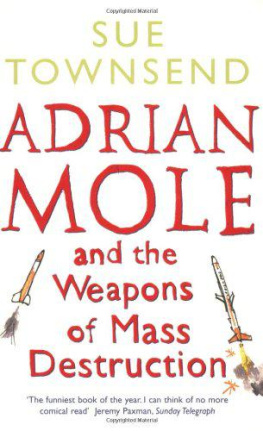AFRICAN ETHNOGRAPHIC STUDIES
OF THE 20TH CENTURY
Volume 22
THE OVIMBUNDU UNDER TWO SOVEREIGNTIES
THE OVIMBUNDU UNDER TWO
SOVEREIGNTIES
A Study of Social Control and Social Change
Among a People of Angola
ADRIAN C. EDWARDS
First published in 1962 by Oxford University Press for the International African Institute.
This edition first published in 2018
by Routledge
2 Park Square, Milton Park, Abingdon, Oxon OX14 4RN
and by Routledge
711 Third Avenue, New York, NY 10017
Routledge is an imprint of the Taylor & Francis Group, an informa business
1962 International African Institute
All rights reserved. No part of this book may be reprinted or reproduced or utilised in any form or by any electronic, mechanical, or other means, now known or hereafter invented, including photocopying and recording, or in any information storage or retrieval system, without permission in writing from the publishers.
Trademark notice: Product or corporate names may be trademarks or registered trademarks, and are used only for identification and explanation without intent to infringe.
British Library Cataloguing in Publication Data
A catalogue record for this book is available from the British Library
ISBN: 978-0-8153-8713-8 (Set)
ISBN: 978-0-429-48813-9 (Set) (ebk)
ISBN: 978-1-138-58997-1 (Volume 22) (hbk)
ISBN: 978-0-429-49123-8 (Volume 22) (ebk)
Publishers Note
The publisher has gone to great lengths to ensure the quality of this reprint but points out that some imperfections in the original copies may be apparent.
Disclaimer
The publisher has made every effort to trace copyright holders and would welcome correspondence from those they have been unable to trace.
THE OVIMBUNDU
UNDER
TWO SOVEREIGNTIES
A STUDY OF SOCIAL CONTROL AND SOCIAL
CHANGE AMONG A PEOPLE OF ANGOLA
ADRIAN C. EDWARDS
Published for the
INTERNATIONAL AFRICAN INSTITUTE
by the
OXFORD UNIVERSITY PRESS
LONDON IBADAN ACCRA
1962
To My Parents
CONTENTS
Oxford University Press, Amen House, London E.C. 4
GLASGOW NEW YORK TORONTO MELBOURNE WELLINGTON
BOMBAY CALCUTTA MADRAS KARACHI LAHORE DACCA
CAPE TOWN SALISBURY NAIROBI IBADAN ACCRA
KUALA LUMPUR HONG KONG
International African Institute 1962
PRINTED IN GREAT BRITAIN
COX AND WYMAN LTD, LONDON
FAKENHAM AND READING
LIST OF MAPS AND CHARTS
Angola and the Umbundu Kingdom at the end of the nineteenth century
Gumba in its geographical setting in North-Western Umbundu country
Village of Epalanga
Chart I. Marriage relationships centred round Sapapula and Ndjoleya
Chart 2. Intermarriage between descendants of Mbati, Sasamela, and Mwehombo
Chart 3. Sapapula as centre of a constellation of kinship ties
The fieldwork on which this study is based was undertaken as a Research Fellow of the International African Institute between November 1955 and December 1956. I am grateful to the Executive Council of the Institute for awarding me the Fellowship and to Professor Daryll Forde, Director, and Mrs. B. E. Wyatt, then Secretary of the Institute, for much help in various ways.
Professor Meyer Fortes and Dr. Jack Goody were my supervisors during my period as a research student, their advice and criticism being the hammer under which my arguments have acquired some sort of shape. I must also acknowledge the great help and stimulus of Dr. Mary Douglas of University College, London, who contributed greatly to the revision of the manuscript for publication. I am also grateful for the assistance of Dr. V. W. Turner of Manchester, Mr. Charles White, who provided information on the Ovimbundu in Northern Rhodesia, Dr. Ernst Westphal, who introduced me to Umbundu, and Dr. and Mrs. Guy Atkins, who gave me much helpful advice and information.
In Lisbon the late Professor Mendes Correia, Professor Antonio de Almeida, and Dr. Roderigo de S Nogueira of the Instituto de Estudos Ultramarinos received me most courteously and were responsible for obtaining authorization for my work from the Overseas Ministry. Dr. and Mrs. Scott, of the Liga Evangelica, Lisbon, aided me with advice, introductions, and a much valued personal friendship.
I should also like to acknowledge the assistance of Senhor Norberto Lopes, at that time Director of Civil Services, the Archbishop of Luanda (the Very Reverend Moyses Alves de Pinho), Colonel Manuel Nascimento Vieira, then Governor of Huambo, Senhor Alberto de Oliveira Mendes, and the British and Portuguese staffs of Messrs. Robert Hudson and Messrs. Hull, Blyth and Co. (Casa Inglesa).
To Dr. Gladwyn Childs I owe both my introduction to the Umbundu people through his book, and his personal hospitality and interest. Other Protestant missionaries who helped me in various ways are Dr. Gilchrist, Mr. Henderson, Mr. Okuma, and Mr. Theodore Tucker. The late Padre Albino Alves, C.S.Sp., of Nova Lisboa, Padre C. Estermann, C.S.Sp., of S Da Bandeira, and Padre J. Feltin, C.S.Sp., of Bimbe, gave me advice, information, hospitality, friendship, and much kindness.
The people of Epalanga and its neighbourhood were most patient and polite to me. I must mention by name my servant, Pedro Epalanga Chimbalanya.
The orthography for Umbundu words used here is that adopted in the Dicionrio Etimolgico Bundo-Portugus of Padre Albino Alves. Generally speaking, I have used this for names of villages and of individuals (apart from Christian names). Towns, European settlements, and chiefdoms have been spelt according to the accepted Portuguese orthography. Dr. Childs has given all place names of Umbundu origin in his Umbundu orthography. Hence, my Cassongue is his Kasongi.
The Ovimbundu In proposing to work among the Ovimbundu, I hoped to be able to fill in these gaps, and in particular to provide a study of what appeared to be a double-descent kinship system. I also hoped to study the reactions of an African society to Portuguese rule.
I arrived at Nova Lisboa in roughly the centre of Umbundu country in October 1955. Here, as in Lisbon, I was told that it would be very difficult to find an area where the traditional social life of the Ovimbundu as described in the literature could be observed. Eventually I decided to work in the Bimbe area, in the extreme north-western corner of Umbundu country. The census indicated that Bimbe had a smaller white population than any comparable area of Umbundu country, and people who knew it considered that it was one of the areas most likely to retain a relatively conservative social life.
In Bimbe I settled in the village of Epalanga in the chiefdom of Gumba. The advantage of Gumba lay in the conservatism for which its people were noted in other chiefdoms; its disadvantage lay in its proximity to the northern boundary of Umbundu speech and culture, which led me to collect some items of ethnographic information not typical of Umbundu country.
Many of my discoveries were at first negative ones. I could not find any evidence that there was a double system of kinship groups actually in existence; the villages were not composed of agnatic kin; the chief seemed lacking in power. Nor was it easy to obtain detailed information about the past even from old men. There is little interest nowadays in history, nor are the old social institutions regarded, even by those who once participated in them, as being necessarily better than those of the present day. The reason for this attitude seems to lie in Umbundu social psychology with its readiness to accept European authority and values. Interesting as the motivations behind this attitude are, this cultural amnesia caused me much disappointment. I found it much easier to get texts on the caravan trade, and on ceremonial practices and proverbs, than on the political and kinship systems. The inadequacies of the information I received on the political system may be explained by the fact that Gumba is on the fringe of the area tributary to the old kingdom of Bailundo. and I have therefore not been able to obtain the detail for which I had hoped on the double-descent system.



